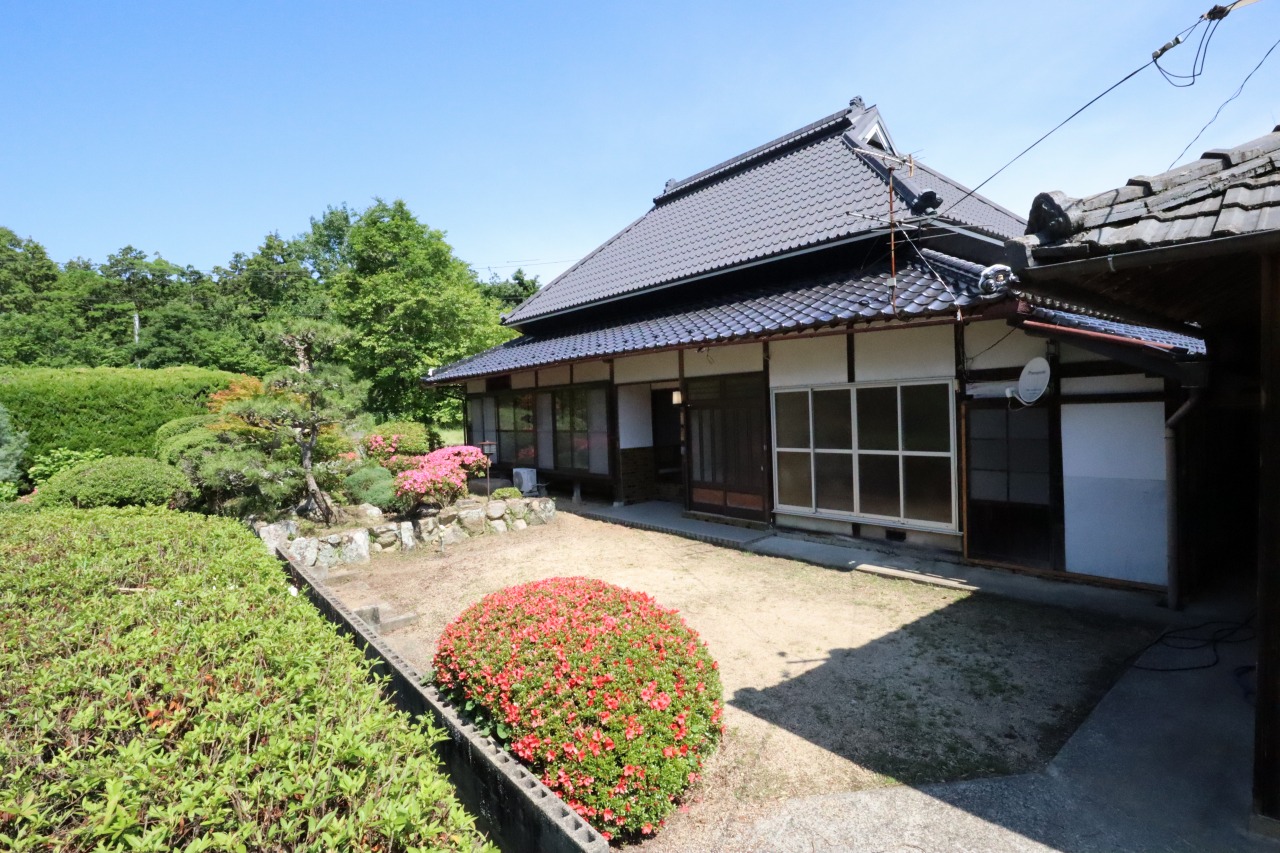Moving to Japan — Choosing an Apartment New to Japan and figuring out where to live? This intro points you to what actually matters when picking a place—how to weigh commute, layout, fees, and building quality—so the detailed guide that follows can help you balance budget, comfort, and peace of mind without the overwhelm. It’s not easy, but we hope this gives you a solid starting...
Renting in Japan — As a foreigner, expect compact units, strong emphasis on train access, and higher upfront costs (often 3–5 months’ rent covering deposit shikikin, possible key money reikin, agent and guarantor fees, and the first month). To save, target older or edge-of-center buildings a few minutes from major stations (or along frequent bus lines), avoid peak moving season (Feb–Apr), and...
Real Estate Transactions: Key Professionals in Japan — Renting as a foreigner typically involves a licensed real estate agent/broker who mediates with the landlord and the building’s management company, plus a guarantor company that underwrites the lease. For paperwork beyond a standard lease (e.g., registration or complex clauses), you may also encounter a judicial scrivener (shiho-shoshi), an...
Renting in Japan as a foreigner is manageable once you know the basics: neighborhoods are priced largely by train-station access, units tend to be compact, and most apartments are unfurnished. Upfront costs are higher than many countries—often 3–5 months’ rent—covering deposit (shikikin), sometimes key money (reikin), an agent fee, a guarantor-company fee, and the first month. Landlords usually...




